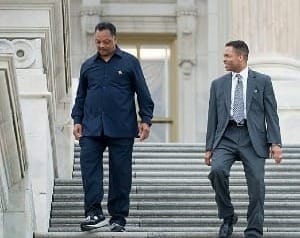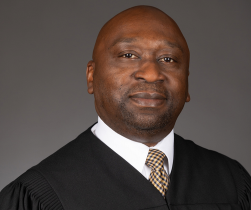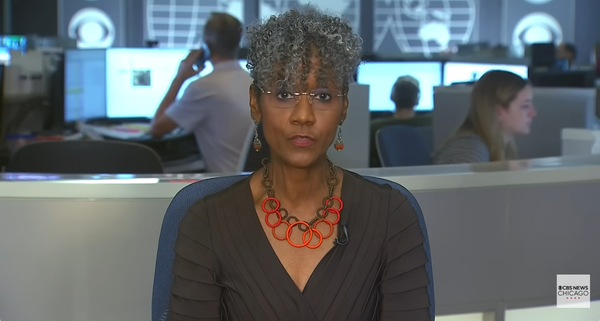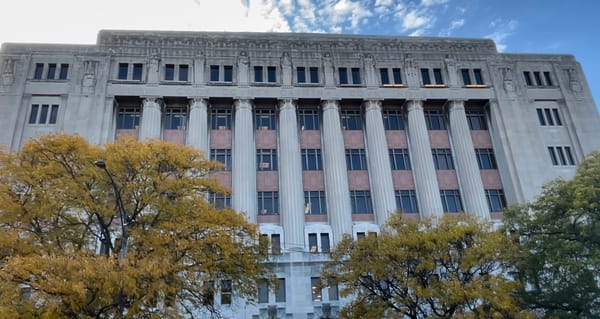Kim Foxx aims to move her pursuit of justice from punitive to proactive policy
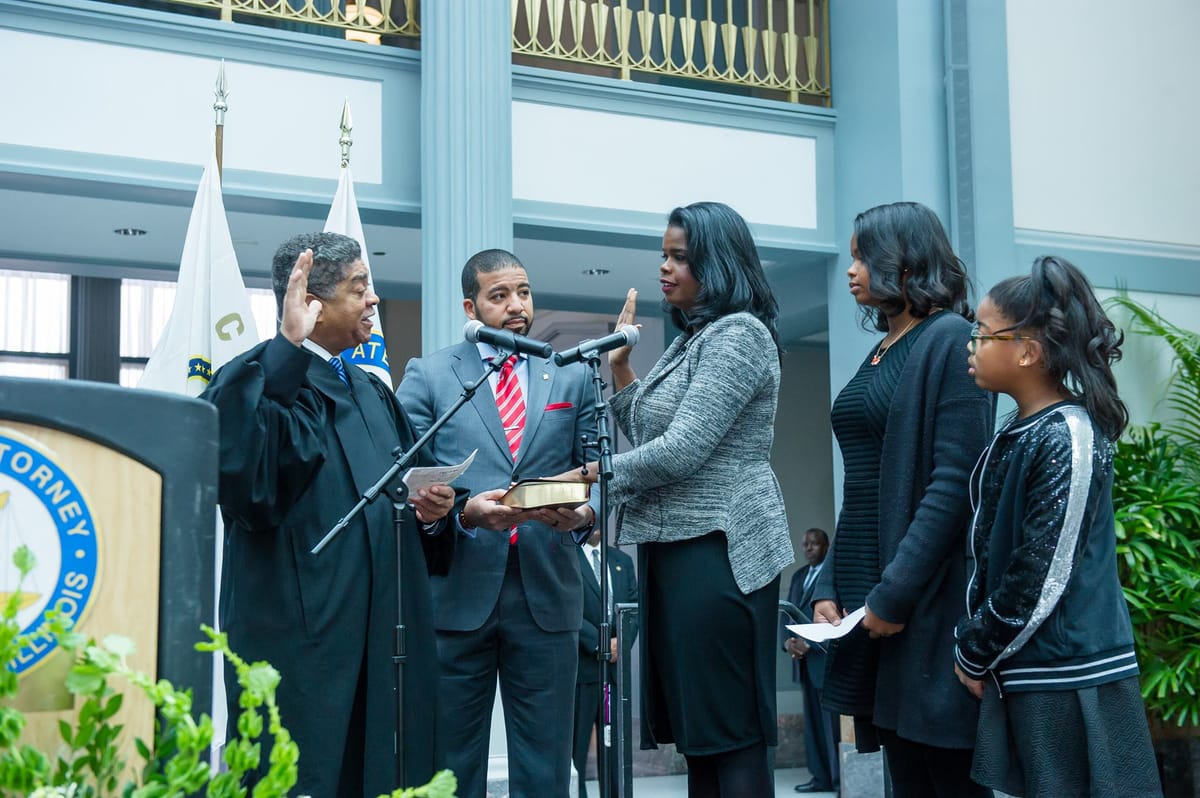
During her tenure as Cook County State's Attorney, Kim Foxx received criticism from the Fraternal Order of Police for policy reforms that put law enforcement under scrutiny. In a post on LinkedIn penned nine months after her departure, Foxx shared more details on the reason she chose not to seek reelection along with what she aims to do next with her legal career.
From Justice to Impact: Finding Purpose Beyond the Courtroom
August 18, 2025
I chose not to run again for deeply personal and strategic reasons. Like many leaders navigating high-impact roles, I faced burnout. I had to prioritize my family and my own well-being. But more than that, I felt a pull toward something larger: the desire to build, not just respond. To innovate, not just litigate.
In the courtroom, justice often arrives as a reaction - an effort to repair what has already been broken. But the kind of justice I’m drawn to now is proactive. It’s not about punishment after harm, but about the systems, structures, and strategies that prevent harm from occurring in the first place.
What if justice weren’t only about righting wrongs, but about creating conditions where fewer wrongs happen at all? That’s the future I want to build.
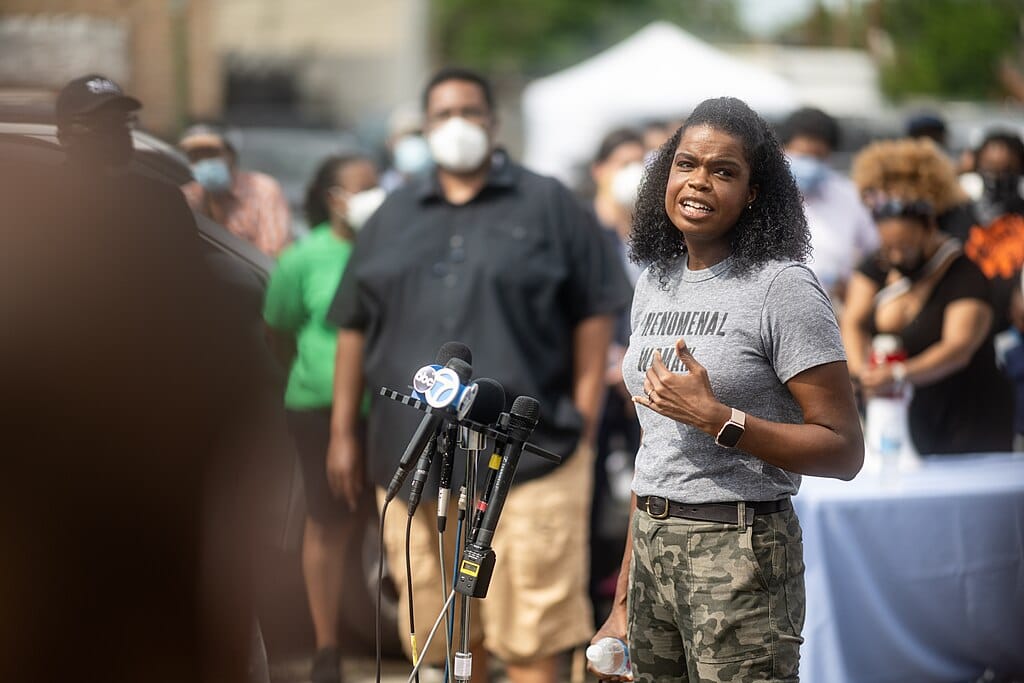
This requires a fundamental shift in how we analyze risk and make decisions — especially in institutions. In my legal career, I watched as decisions were driven by cost-benefit analyses, often centered on minimizing liability. But what if our calculations centered on impact instead? What if we assessed our exposure not only to risk, but to doing good? What if we became willing — strategically and morally — to absorb some harm in service of a greater good?
I’ve come to understand that my greatest strength is not just in policy or prosecution — it’s in people. I take pride in spotting and developing talent in places others overlook. Some of the most transformative results I’ve seen came from finding brilliant minds outside of traditional pipelines, trusting their lived experience as much as their credentials, and giving them the space to lead.
I’ve led large-scale restructuring efforts, guided organizations through moments of crisis, and built coalitions across public and private sectors. These are leadership muscles that apply far beyond the justice system. Whether it’s rethinking how we develop talent, how we assess social impact, or how we structure organizations for resilience and equity, I bring a systems-oriented mindset honed under immense public pressure.
As I step into this next chapter, I’m seeking opportunities that allow me to co-create solutions that prevent harm before it happens. I want to be at tables where we reimagine institutions, where we build systems of accountability that are not punitive, but transformational. My goal is to work with organizations — corporate, nonprofit, or governmental — that understand impact as more than a buzzword. I’m looking for those who want to shift how we define success, risk, and responsibility.
In many ways, I am still in the justice business. But now, I’m designing a broader blueprint — one rooted in proactive care, radical accountability, and shared human potential. This is what it means to lead beyond the courtroom. This is what it means to move from justice to impact.
This post was originally published on LinkedIn.
